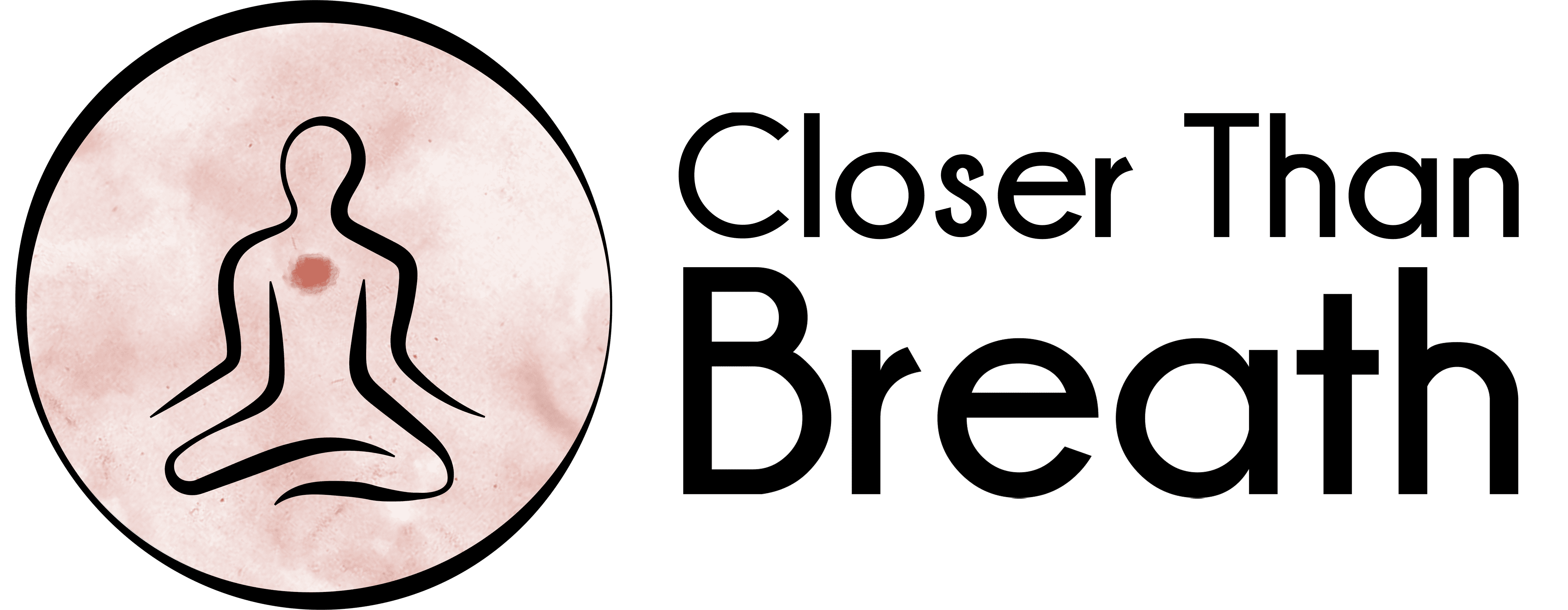Note: this article originally appeared in Contemplative Outreach’s Annual Newsletter in 2020.
Is contemplation an end in itself?Is the formal act of sitting, closing our eyes and practicing Centering Prayer an end in itself? Although every person knows in a unique way the intimate fruits of a centered mind and open heart during the interior silence of contemplation, I sense now more than ever we need to look for the fruits of contemplation outside the practice.
Of course, this is not new knowledge: Fr. Thomas Keating was clear about not seeking the fruits of contemplation inside the practice but in our everyday lives. What good then is this inward-facing path of Centering Prayer?
From the earliest days of my practice, Centering Prayer has been a way of watering the roots of my inner being. By slowing down, being still, and surrendering into silence, I open myself to what remains untouched by my busy, ever-changing mind. In contemplation, I find the stillpoint of the ever-rolling wheel of the world and encounter what is Changeless in my ever-changing emotions. Thus, Centering Prayer is an inner practice, aimed at inner change, grounded in interior silence.
This interior practice results in real world change. The words of Confucius come to mind: “Cultivate the root; the leaves and branches will take care of themselves.” Contemplation is about tending to my inner life with God, waking me up to my pre-existing union with the All in all. By cultivating my interior roots, I learn to trust that the Divine will take care of the rest.
A Two-Fold Path: Contemplation and True Self
Centering Prayer is a two-fold path, an invitation into the gift of contemplation and a process of Divine Therapy – uncovering the True Self buried beneath the “mind-made-me.”
In contemplation we approach God as the Ground of Being by letting go and opening to God who is within ourselves as the very Source of our inner life and the Beingness of our being.

In contemplation we come to know that God does not exist like an object but rather that God is the Ultimate Subject of all that is, the Source out of Whom all things emerge. Contemplation then is about learning to rest in God as the deeper Subject of ourselves. As Elizabeth of the Trinity said, “My only ‘me’ is God.”
By resting in Being, I am able to rest my busy mind, the chaotic emotions, and go into the stillness of my body. By resting in Being, I touch base with the deepest parts of myself.
Centering Prayer also is making greater contact with our deeper True Self. This is not the healthy and healed ego, our integrated Enneagram type, nor the various roles we play in life. In making contact with the True Self, we touch that part of ourselves that lies beyond description, beyond the mind’s ability to grasp, just as the Divine is revealed most ultimately as a Loving Mystery. We too are a mystery unto ourselves. By sinking into this mystery and embracing it (or being embraced by it), we gradually learn to live from it in our daily life.
By consenting to the presence and action of God within me, I experience the transformative power of this consent. The shift of Centering Prayer is from a self-centered-me to a centered-self. The whole fortress of the self-made-self, created in the programs for happiness and group membership, is slowly softened through regular surrender. We then live with far more interior freedom.
It is from this freedom that we must learn to live in everyday life.

Bearing Fruits From our Roots
Contemplation, though it usually begins with eyes closed watering the hidden roots of our inner life, must never end there. As Meister Eckhart said, “What we plant in the soil of contemplation, we shall reap in the harvest of action.”
Contemplation flows naturally from within and is seen in the outside world in the love between a mother and son, in the life of service between a nurse and patient, between the politically engaged and their apparent political enemy. A practice that waters the roots of our inner being ends up bearing fruit in all of our life.
Questions emerge about my own practice like, “Am I more open minded as a result of my meditation?”, “Do I truly love those nearest to me?”, “Am I better able to love my perceived enemies as a result of my Centering Prayer practice?” My hope and experience is that in making contact with my True Self, I become a more open, loving, and compassionate person – for how can I rest in the Source of Love during contemplation and not become more loving?
Therefore, dedication to the contemplative life manifests as a transformed life, inside and out. Through the nondual, contemplative mind we know the extraordinary is inextricably bound up and entangled in the ordinary. God is no further from us than we are from ourselves. Our job is to walk this awareness every day.
God is in the Pots and the Pans
Now more than ever we need to hear and honor the invitation of Christ to bring the “Kingdom of God on earth as it is in heaven” (Matthew 6:10). And indeed, we all do this in many ways. This is the fruit of our practice, bringing the way of God into the way of the world. It is the recognition, as Teresa of Avila suggests, that God “walks among the pots and pans.”

Honoring Teresa’s experience, we carry our contemplation from the prayer mat into the kitchen and even into the marketplace. Centering Prayer is good at “centering” us- but once the contemplative mind and awareness is cultivated and matured, it is time to move from our centered-self, into the world of “pots and pans.” The centered-self — whose roots are nourished in our daily silence and stillness — is able to move effortlessly from roots to fruits, offering our Self to a world in great need.
From this centered-Self and transformed sense of being, we are better able to enter the world of action. Not only in the kitchen, but also in the streets. Even activism, whether political, social, environmental or racial, needs to come from this higher, healed, and transformed self to bear good fruits. We can act from the centered-self, the part of us that is grounded and in the Divine Flow. We need to come from the contemplative mind, not demonizing our enemies, but learning to listen to and love them without giving in to false understandings.

Beyond the Pots and Pans
We live in an unprecedented age of a global pandemic, political division, a climate crisis experienced through hurricanes and wildfires, racial injustices in the US and beyond, gender and income inequalities, to name a few. We need to embody our contemplative spirit to act and bring healing and wholeness to the world, to bring “the Kingdom of God on earth as it is in heaven.”
As contemplatives, we trust that we can act from our True Self. The world needs it. Working from the contemplative, nondual mind means that we don’t perceive things in “us vs them” mentalities. The contemplative mind can walk the way without many hang-ups of the false self and group think, allowing us to act in alignment with God, rather than according to our own ego agendas. Our action will be that much more powerful because it is in the greater Flow of God.
I invite you as a fellow Centering Pray-er to continue and deepen your practice, for yourself but also for the world. It can be easy to find excuses not to practice but let’s remember the sage advice of St. Francis de Sales, “Half an hour’s meditation each day is essential, except when you are busy. Then a full hour is needed.”
Bridge the gap between practice and everyday life. Integrate the contemplative and active life, for just as there is no legitimate separation between the inner roots of a tree and its outer branches, there ought to be no separation between our contemplation and our everyday, ordinary, pots-and-pans life.


I always wondered if meditation was working? This blog lays out a wonderful way of answering that question. Thank you.
Amen
Very well written.